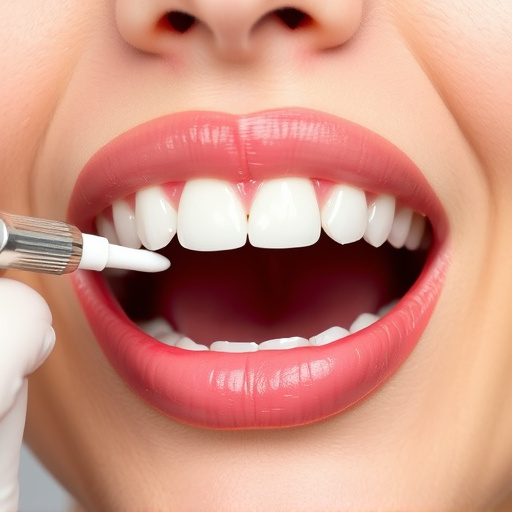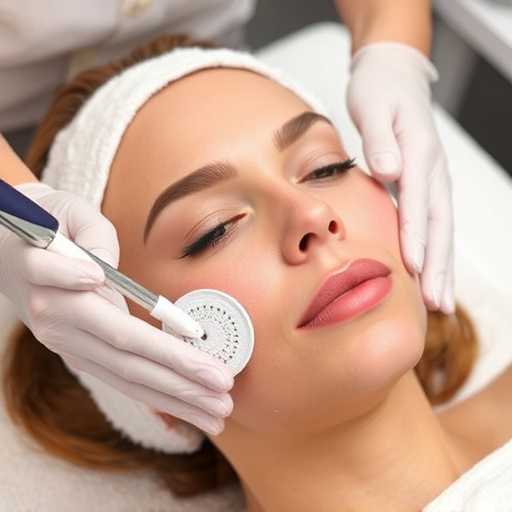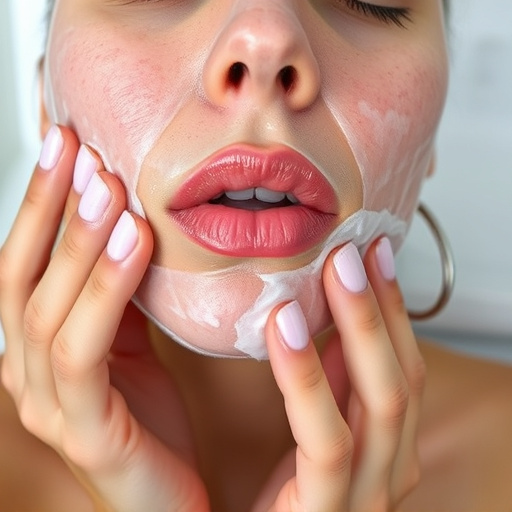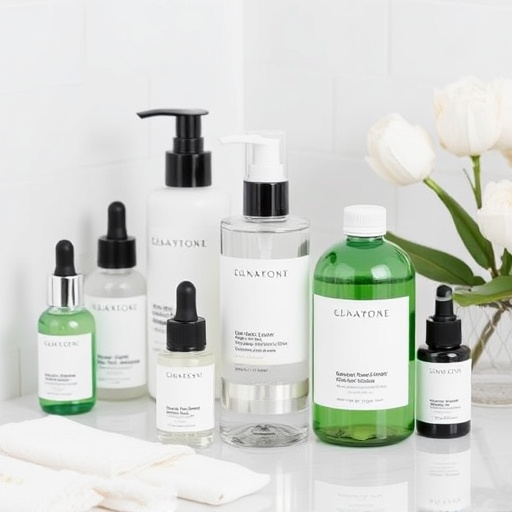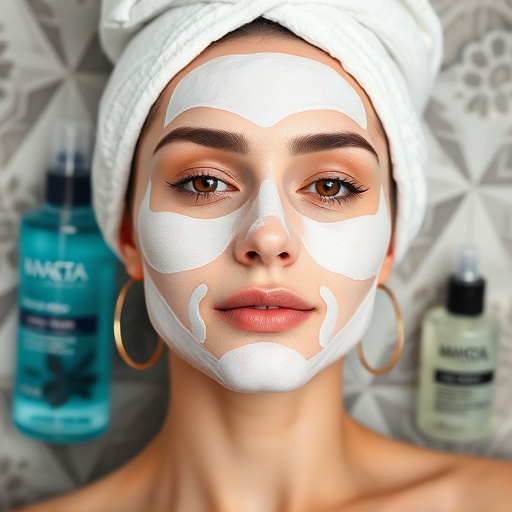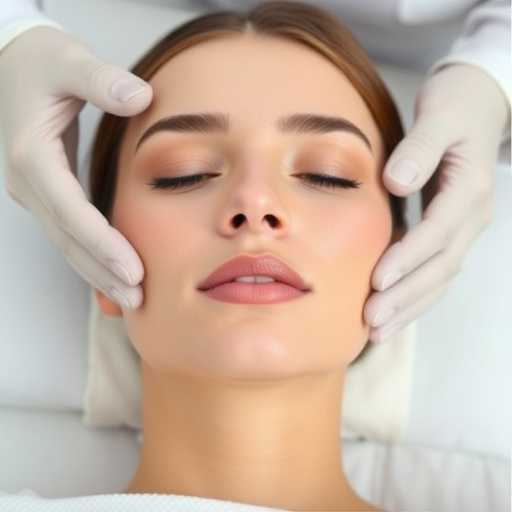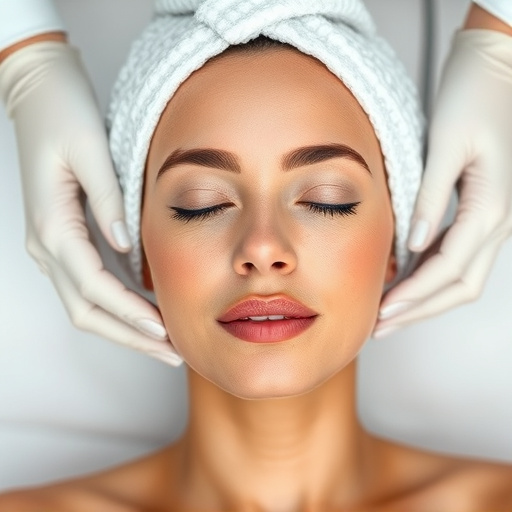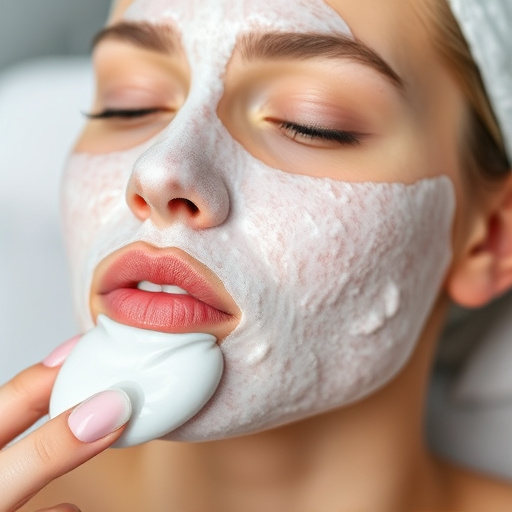Teenage acne treatment goes beyond topical creams, focusing on education, lifestyle changes, and specialized care. School programs offer accessible facial treatments, skincare workshops, and early interventions to manage and prevent outbreaks, improving students' emotional well-being and self-confidence through holistic approaches like diet, hydration, exercise, stress management, and tailored routines.
Teenage acne, a common skin condition, can significantly impact self-esteem and social interactions. In response, many schools are now offering innovative teenage acne treatment programs tailored to their students’ needs. This article delves into understanding the causes and effects of this issue, exploring the benefits of school-based treatment programs, and highlighting effective management and prevention strategies. By examining these aspects, we aim to provide insights into empowering teens to combat acne.
- Understanding Teenage Acne: Causes and Impacts
- School-Based Acne Treatment Programs: Benefits and Reach
- Effective Strategies for Managing and Preventing Acne
Understanding Teenage Acne: Causes and Impacts
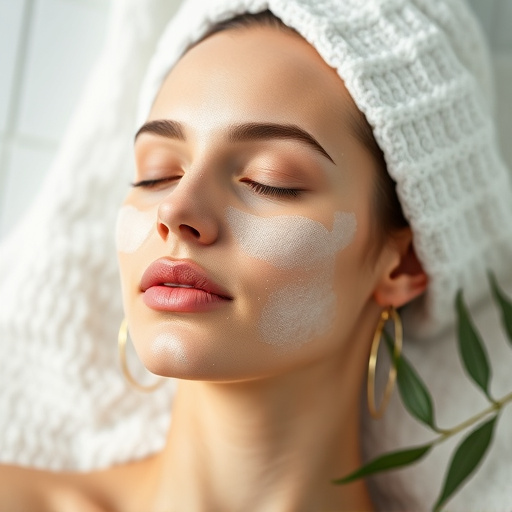
Acne is a common skin condition that predominantly affects teenagers, often leading to significant emotional and social impacts. Understanding its causes is crucial in developing effective teenage acne treatment programs. The primary culprit lies in hormonal fluctuations during adolescence, which stimulate oil production by the sebaceous glands. This excess oil, combined with dead skin cells, clogs pores, leading to inflamed bumps known as pimples or zits.
The effects of teenage acne extend beyond physical appearance. It can cause low self-esteem, anxiety, and even depression in some individuals. Chronic or severe cases may leave permanent scars, both physical and psychological. This is where schools’ intervention through specialized teenage acne treatment programs becomes vital. By addressing the root causes and providing appropriate skincare education, these initiatives aim to not only clear up existing acne but also prevent future outbreaks and promote overall skin health and confidence.
School-Based Acne Treatment Programs: Benefits and Reach
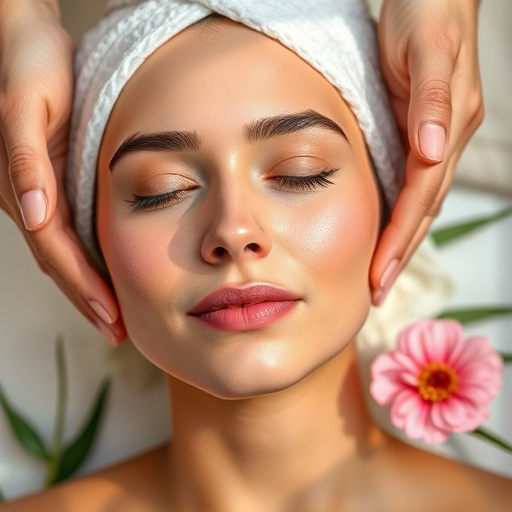
School-based acne treatment programs offer a unique and beneficial approach to addressing teenage acne, a common skin concern during adolescence. These initiatives provide students with easy access to specialized care right within their educational institutions. By integrating dermatological services into schools, teenagers can receive tailored facial treatments, learn about proper skincare routines, and gain early interventions for mild to moderate acne outbreaks. This proactive approach not only improves overall skin health but also boosts self-esteem and confidence in young individuals.
Moreover, school programs often cater to a diverse student population, ensuring that various ethnic backgrounds and skin types receive appropriate care. They may include educational workshops on topics like skincare routines, diet’s impact on the skin, and managing stress—all contributing factors to acne. Additionally, some schools offer advanced treatments such as laser hair removal and chemical peels for more severe cases, under professional supervision, thereby fostering a comprehensive approach to teenage acne treatment and management.
Effective Strategies for Managing and Preventing Acne
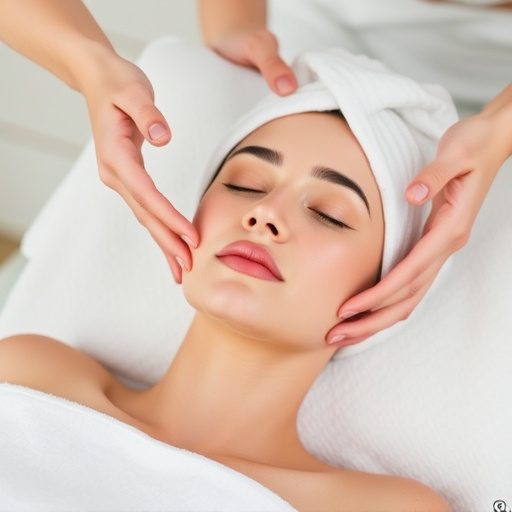
Acne management and prevention go beyond topical treatments; they encompass a holistic approach to skincare. Schools offering teenage acne treatment programs should educate students on maintaining a clean, balanced diet rich in fruits and vegetables to support skin health from within. Adequate hydration is another cornerstone of acne management, as it helps flush out toxins and keeps the skin moisturized.
Furthermore, effective strategies include regular exercise, which promotes blood circulation and sweeps away excess sebum, and stress management techniques like meditation or yoga. Skincare routines tailored to individual needs, with a focus on gentle cleaning and avoiding harsh products, can significantly reduce breakouts. Schools may also consider incorporating lessons on skin rejuvenation, wrinkle reduction, and skin tightening techniques into their programs, empowering teenagers with knowledge that supports long-term skin health.
Teenage acne treatment programs offered in schools provide a proactive approach to managing skin health, addressing a common issue that can significantly impact self-esteem. By integrating these programs into educational settings, schools not only offer support but also foster a culture of awareness and prevention. With the right strategies and reach, school-based initiatives can play a pivotal role in empowering teens to take control of their skin, leading to improved confidence and overall well-being.



